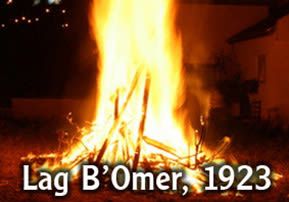
Lag B’Omer 1923
The word spread quickly. Almost instantaneously, melancholy gloom replaced the exuberant rejoicing. The singing stopped, the dancers froze; the mother's...

It was the eve of Lag B’Omer, 1923. An enormous crowd was assembled on the roof of the building in Meron that enclosed the tomb of Rebbe Shimon Bar Yochai. The huge annual bonfire was throwing off heat and smoke, radiating light that could be seen as far away as the streets of Safed and casting shadows on the circle of chassidim and leading members of the community that danced energetically in front of it. All the other men stood off to the side and sang and clapped enthusiastically to the pulsating beat of the traditional Lag B’Omer songs. Below, in the large courtyard, the women and children also sang and rejoiced, in honor of Rebbe Shimon Bar Yochai.
Lag B’Omer is the anniversary of the passing-on more than eighteen hundred years ago of the renowned Mishnaic sage and foremost Kabbalist, Rebbe Shimon Bar Yochai, whose teachings comprise the text of the primary Kabbala source book, the Zohar. (This of course is in addition to its halachic significance as a cessation in the semi-mourning observances that obtain between Passover and Shavuot.) The yahrzeit is celebrated with great joy in accordance with the recorded express wishes of Rebbe Shimon himself. Written accounts from more than five hundred years ago cite the tradition and the great virtue of attending the tomb site in the village of Meron, situated in the northern Galilee of Israel.
Sages and common folk alike attest that anyone who prays to G-d sincerely there on Lag B’Omer will surely be answered in Rebbe Shimon’s merit. The barren, the poor, and the critically sick have all made the pilgrimage there and found salvation.
As always, the “stars” of the Lag B’Omer festivities that year were the little three-year-old boys, whose proud parents had brought them to have their first haircuts and peyot-shaping at Rebbe Shimon’s tomb site on “his day”. As the children were transferred from mothers’ arms to fathers’ shoulders, the scissors would be passed around to relatives, friends and bystanders, so all could share in the merit of snipping the long strands and curls, while leaving the peyot untouched.
That year Lag B’Omer fell on a Thursday night-Friday. Many of the celebrants elected to stay on for Shabbat, knowing that the holy day emerging out of Lag B’Omer in the presence of Rebbe Shimon would be an extraordinarily exalted occasion.
Friday evening everyone prayed together, and the holiness and joy of the Shabbat spirit was palpable. Then everyone turned to their lodging places, where the pleasure of the holy day continued unabated throughout the evening meals.
Early Shabbat morning, as soon as the first streaks of light infiltrated the sky, the Sephardim returned to the tomb site for the sunrise minyan. After them, the “regular” minyanim took place, and finally, the chassidim arrived for the late-morning shift in their own inimitable ecstatic style. Afterwards, when they too returned to the large communal eating area, the happy singing of the earlier arrivals left no doubt that the spirit of Shabbat joy was continuing to expand with each passing moment.
But then, a loud bitter wail shattered the shimmering atmosphere of Shabbat joy. A little boy, who had come with his mother for his first haircut, had unaccountably fallen sick and stopped breathing. Aid was given, but to no avail. He was dead, and his broken mother was screaming uncontrollably. All the women around her were crying too.
The word spread quickly. Almost instantaneously, melancholy gloom replaced the exuberant rejoicing. The singing stopped, the dancers froze; the mother’s loud cries pierced every heart.
Before they could recover from their shock, a further development struck. The British Mandate police assigned to keep order suddenly, without any warning, locked the gates of the courtyard. They then announced that they were forced to take this precaution because maybe the disease that had struck down the hapless child was highly contagious, and they were obligated to do everything possible to prevent it from proliferating.
Pandemonium spread. Many families were divided by the padlocked gate; numerous little children were cut off from their parents. The British police didn’t seem to care, and turned a deaf ear to every appeal. Masses of Jews were being prevented from reaching Rebbe Shimon on the day of his celebration.
The stunned Jews still inside pushed closer to the tomb site, to express their crushed hearts in fervent prayer. Suddenly the crowd rippled, and like at the Splitting of the Reed Sea, a clear path miraculously opened. The grieving mother was staggering determinedly towards the place of Rebbe Shimon, carrying her dead son in her arms.
The sight was enough to break every heart. Some sighed, some cried, others nodded their heads as if to show understanding and empathy.
The distraught mother came up to the tomb. She placed her son on the ground. Seemingly unaware of all the people around her, in a quivering voice she spoke out through her tears, “Oy! Tzadik! I, your humble maidservant, came here to honor you. Only you know that in bringing my son here to you, I was fulfilling the vow I made on this spot four years ago, before I merited to be a mother for the first time. Yesterday we inaugurated him with joy and song in the mitzvah of leaving peyot. And now, woe is me! How can I go home without my son!?”
All those present choked back their sobs. No one dared to make a sound that might interfere with her words.
The mother stopped crying. She straightened up and took a deep breath. In a firm clear voice, she pronounced: “Rebbe Shimon! I have laid my son on the ground next to you, dead. Please do not disappoint me. Return my son to me alive and healthy as he was when I brought him here to you. ‘Yitgadal v’yitkadash shmei rabbah‘ – ‘Exalted and blessed is His great name’, and also the name of Rebbe Shimon Bar Yochai. Everyone knows that you are holy and He, our G-d, is holy. Please give me back my son!”
She stopped speaking, then spun and exited the structure built around the tomb. Every other person present followed her out. They closed the door after them, leaving the dead child behind, unattended.
A few minutes passed. From inside, behind the closed doors, a weak voice was heard. “Mommy, water. I’m so thirsty.”
Everyone stood as if paralyzed, trembling with conflicting emotions of fear and disbelief, of shock and delight. The mother burst through the doors and swept up her child into her arms. Everyone ran in and surrounded them, and spontaneously burst out with overflowing hearts, “Blessed is He who enlivens the dead!”
The bewildered British quickly re-opened the courtyard gates. The throngs of Jews impatiently standing outside streamed back in. When they heard about the great miracle that had just taken place, the thanksgiving and celebration multiplied sevenfold.
The sound of their enthusiastic singing of the most popular “Bar Yochai” song (composed by the Kabbalist, Rabbi Shimon Labia approximately 450 years ago) could be heard for miles around – and, no doubt, penetrated to the highest heavens, including the celestial abode of Rebbe Shimon.
“Bar Yochai, nimshachta ashrecha, shemen sasson meihavarecha” – “Bar Yochai, fortunate are you, annointed with joyous oil over and above your companions.”
***
Rabbi Yerachmiel Tilles, originally from the Bronx and now a veteran resident of Tsfat, is co-founder of the famed “ASCENT of Safed” retreat center, hotel and hostel in Safed, the managing editor of KabbalaOnline.org and ascentofsafed.com, and an internationally acclaimed storyteller whose weekly email storylist is in its 23rd year. To receive the story each Wednesday, subscribe here (free).


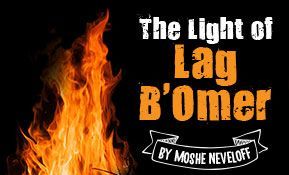
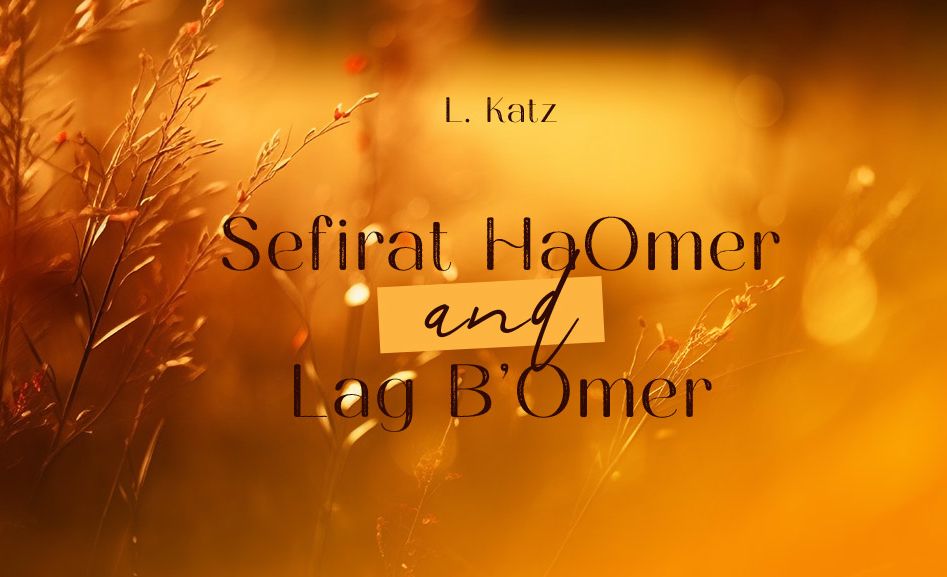
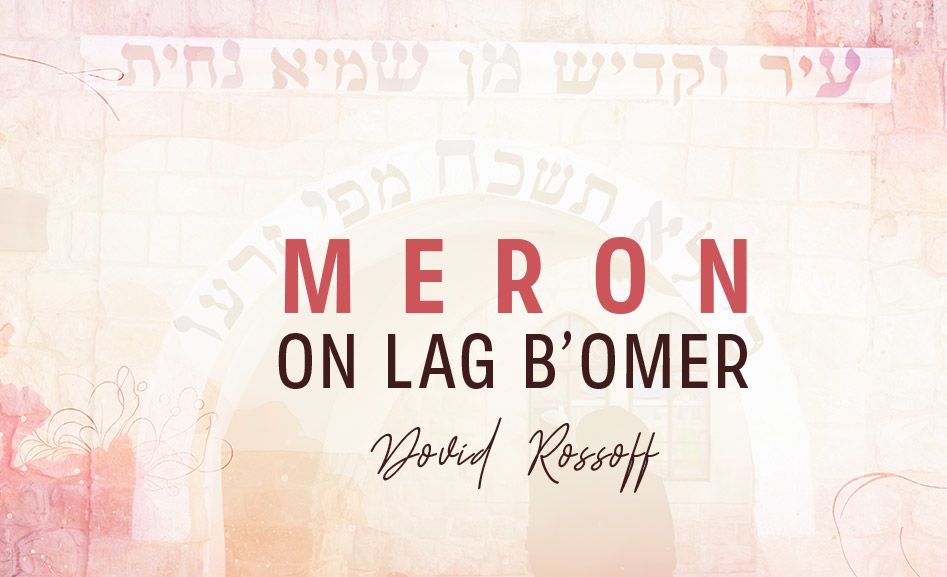
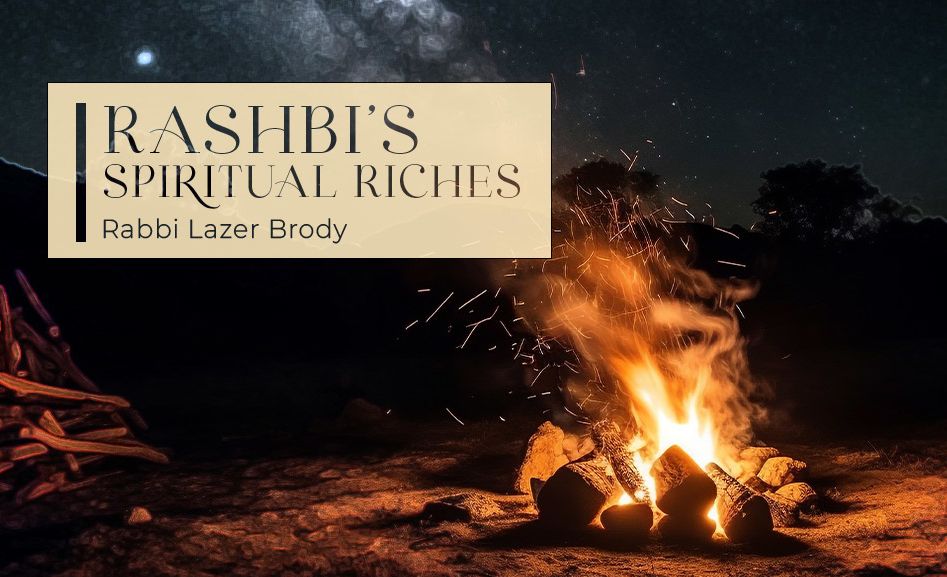
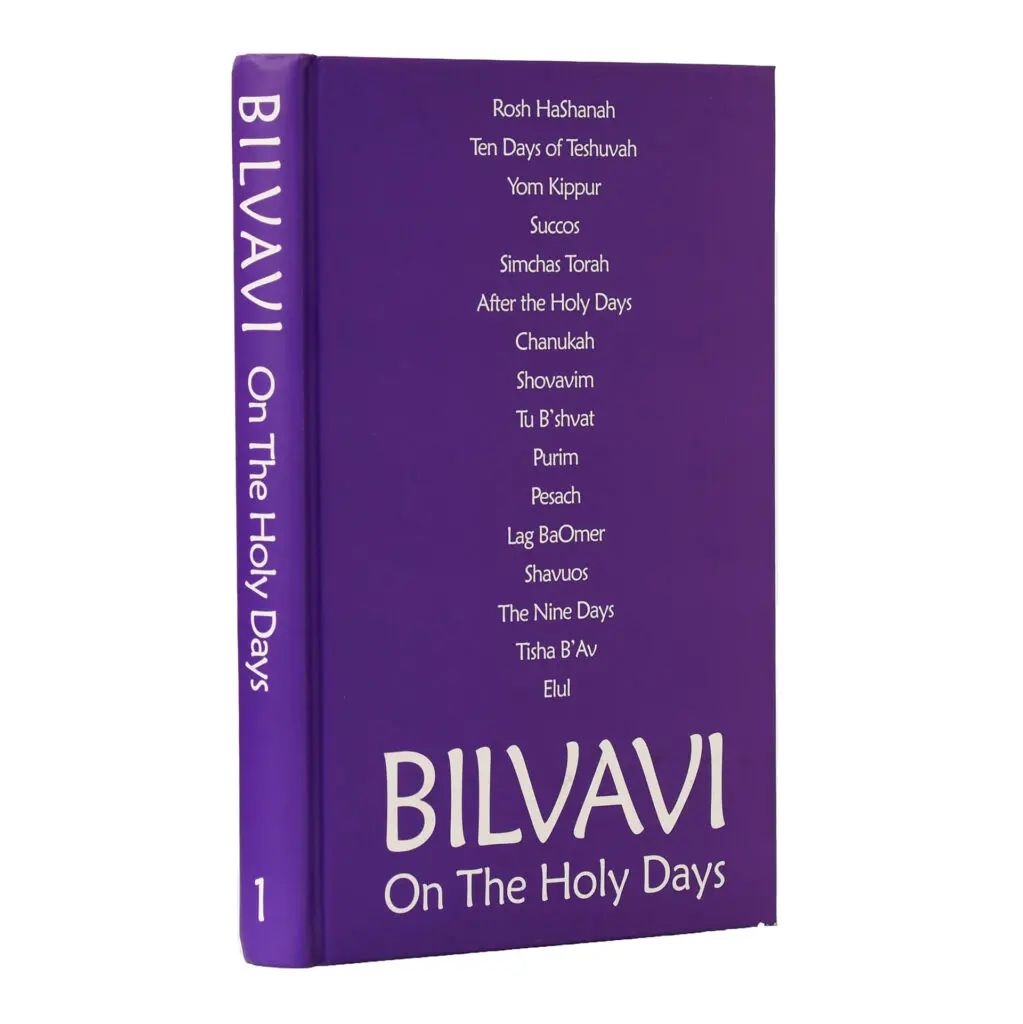
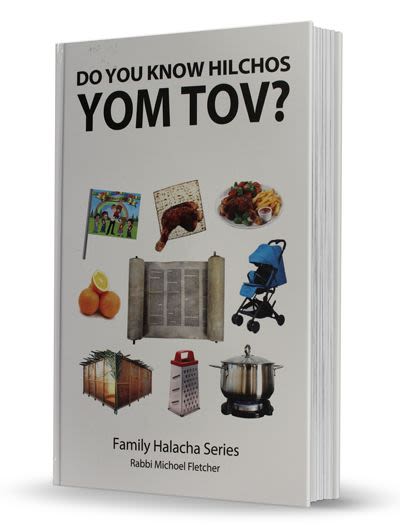
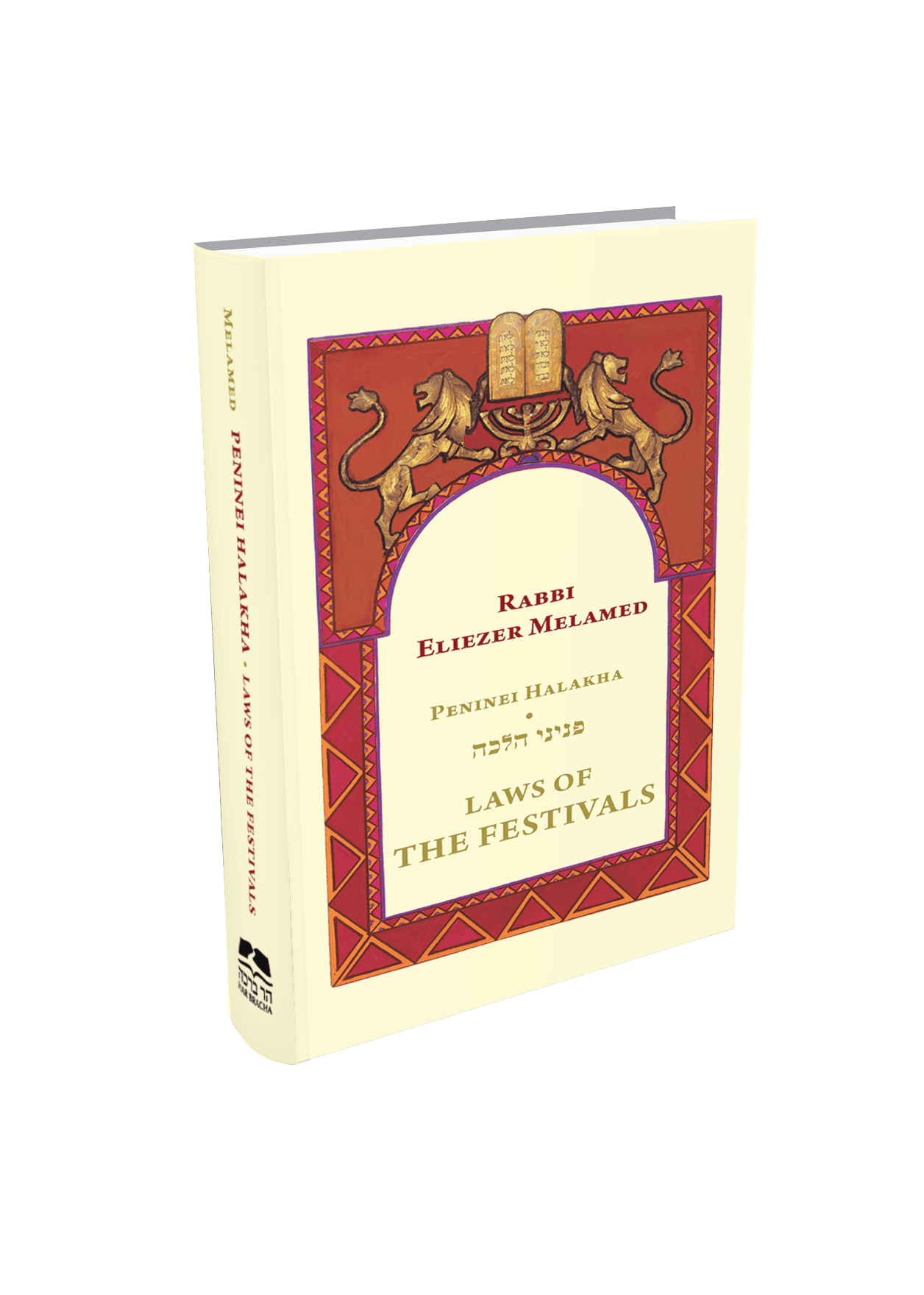
Tell us what you think!
Thank you for your comment!
It will be published after approval by the Editor.